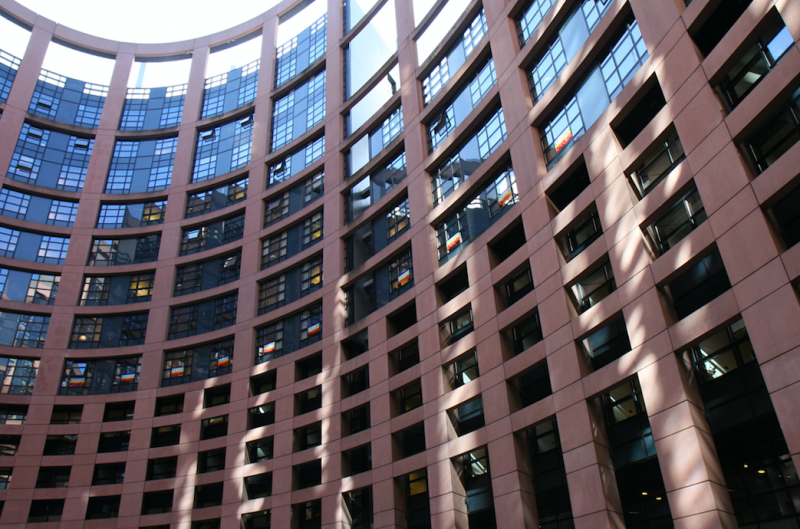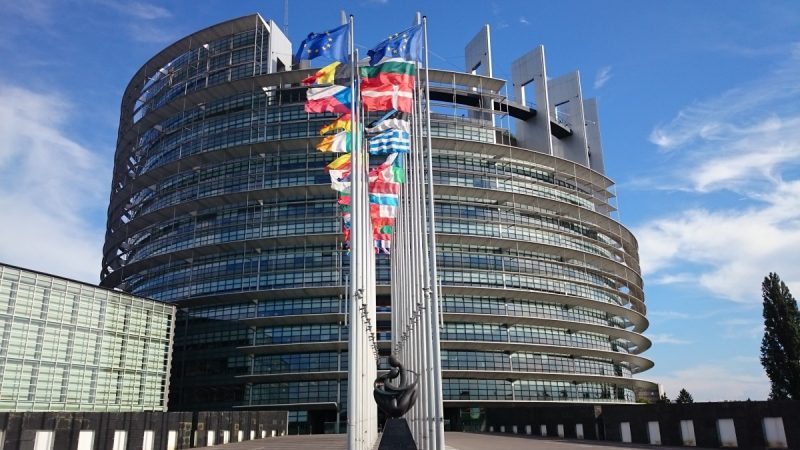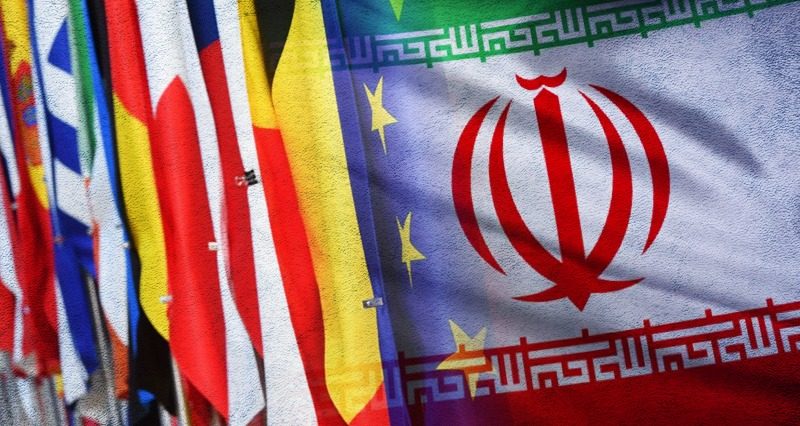The results of the European Parliamentary elections held earlier this month astonished the world. Nationalist and populist parties rose to unprecedented levels, their dramatic increase in votes showing that European people are looking for more empowered and sovereign governance at home. This approach could profoundly affect Iran, which will have to carefully develop relations with the new European Parliament.

Wikimedia commons
The European Parliamentary Elections and the Fate of the JCPOA
Europe is following up on preserving the JCPOA because they believe it is the path to peace and resolving tensions with Iran. European governments hope to preserve the Iran nuclear deal in spite of the US pulling out of it; however, this viewpoint comes from the perspective of the EU itself and not each individual country.
In spite of the victory of nationalist and far-right parties in recent elections, the traditional parties are still able to form a coalition government to have maximum impact in Parliament. However, the Socialists and Christian Socialists will have to join together with the greens and liberals in order to maintain their majority. Despite their majority they face major setbacks: It is worth noting that Marine Le Pen defeated Emmanuel Macron in the French election, which is a big loss for the center-left and liberal alliance. Therefore, we might predict that Europe’s stance towards JCPOA will remain as it was; however, this closely depends on decisions made by Iranian authorities in the near future.
The New parliament’s viewpoint on Iran
The European Parliament is quickly becoming divided down the middle by two opposing factions… However, the future coalition of the EPP, the Greens the EFA and the ALDE will still hold the majority. The high number of seats occupied by nationalist parties in some countries, in particular, France, Italy and Britain, are the majority coalition’s primary opponents. This has direct implications for the Iran deal: Nigel Farage’s newly elected party, for instance, fully concurs with Donald Trump’s hard-line approach, and Marine Le Pen and Matthew Salvini have almost the same outlook on the matter as the Brexit Party.

PxHere
We should not forget that the European Parliament is predominate over the parliaments of EU member states… the new composition could therefore easily affect domestic policies of EU nations as well. For example, there are a lot of member states which advocate a strategic handling of the situation with Iran but are not allowed to follow through due to EU policies.
The new changes could also result in the European Parliament itself adopting a more aggressive stance toward Iran, fueled by Farage and Le Pen lobbying for a stricter approach.
The Fate of Rouhani’s Ultimatum
Iranian President Hassan Rouhani recently demanded that Europe remove sanctions against his country, giving them 60-days to answer his ultimatum. If the sanctions aren’t canceled, he claims that Iran will call off its commitments defined in the JCPOA.
Iran could counteract the US exiting the JCPOA by ending its own commitment to the deal; however, the country will not be able to successfully put the EU under pressure by issuing an ultimatum due to the fact that the Iran nuclear deal was primarily the concern of the United States. It is for the same reason that we might predict that the new parliament will not be impressed or change its behavior based on Iran’s threat.
Iran’s cooperation with the New Parliament
Iran undoubtedly needs to develop closer relations with the parties supporting the European Union so that the present European point of view toward Iran and the JCPOA will be preserved. Despite that the EU, even as it stood, had not implemented most of its commitments as designated by the JCPOA, Iran still considers them a partner in resistance to the United States’ increasing pressure.
What happens next?
At present, there are no immediate alarm bells sounding in Tehran; however, the election has important implications for the Islamic Republic’s next steps.
The exit of United Kingdom from the EU – likely to be finalized by the end of this year- will considerably diminish the organization’s political power, which could shift things even further in favor of the nationalists, and consequently, change the priorities of European countries with regard to Iran.
The EU prioritizes security issues in its foreign relations; however, the same cannot be said for the national parliaments of its member states. These parliaments prioritize economic and diplomatic relations which often implies a need to establish relations with the United States. Countries like Italy, Spain, and Poland are not developing extensive economic and political relations with Iran, and may consequently encounter political problems with France and Germany who have already made investments in Iranian markets.
In addition to making efforts to get closer to the traditional EU parties, Iran should start developing an interdependence policy with the Eurosceptic formations so as to avoid losing valuable partners in case the EU continues to be weakened in the future.









Leave a Reply